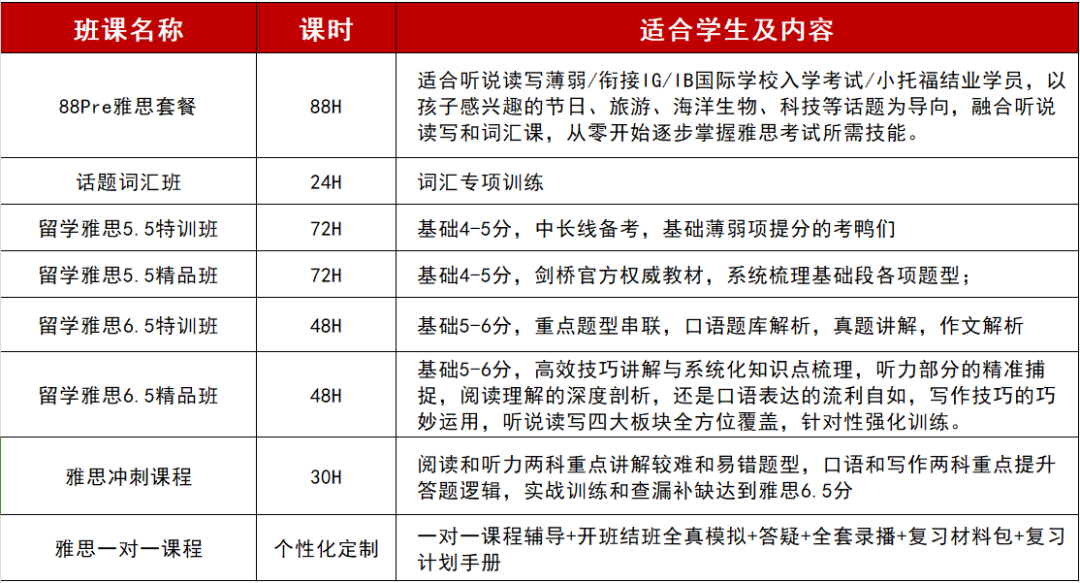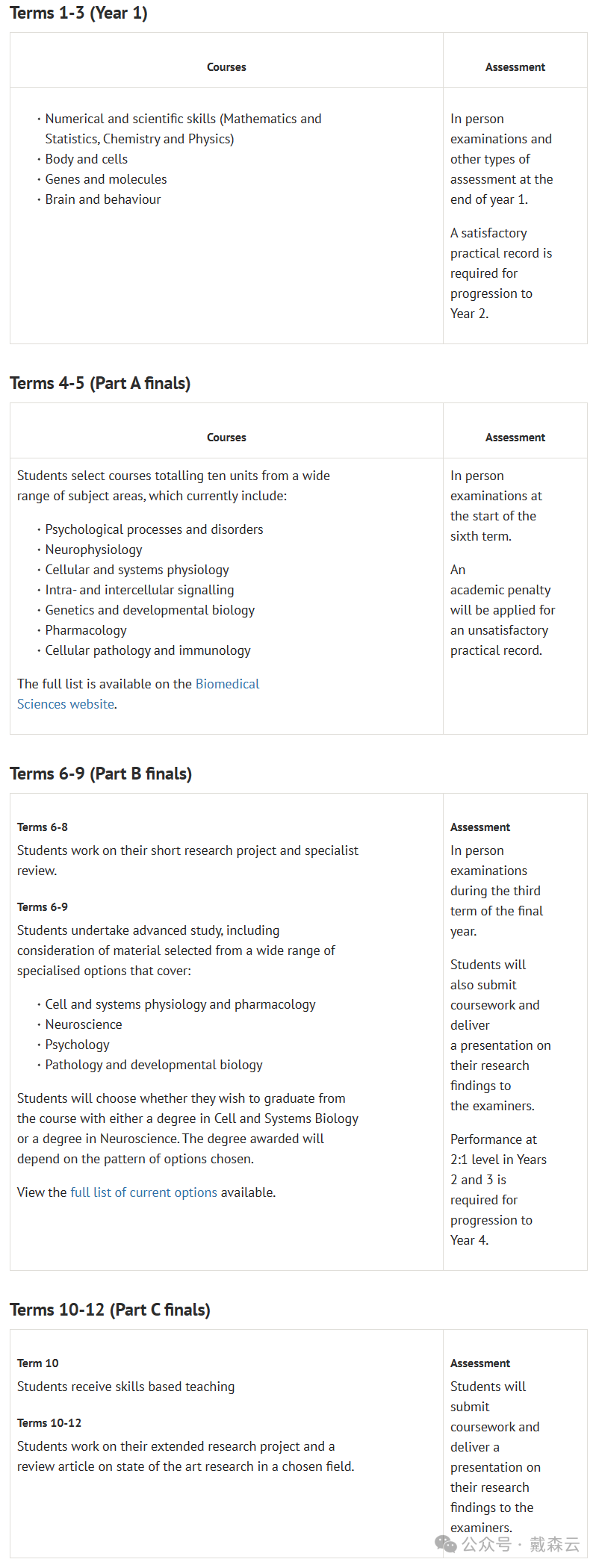1、伦敦大学学院
An Advanced Computational Modelling Framework for the Design and Optimization of Agitated Filter Dryers
University College London| Department of Chemical Engineering
博导:Dr L Mazzei
截止日期:August 30, 2024 周五
资助的博士项目(全球学生)
About the Project Vacancy information
The UCL Department of Chemical Engineering is one of the top research and teaching departments in the UK and has world-class standing.
The department offers undergraduate and postgraduate programmes and has an extensive research portfolio across a wealth of areas, from the molecular scale to the scale of industrial plants. It hosts 32 academics whose research is collaborative, ground-breaking and focused on solving societal problems.
The Chemical Engineering Department is seeking an enthusiastic and dedicated PhD student to research the design and optimization of agitated filter dryers via advanced computational fluid dynamics modelling.
This project is in collaboration with AstraZeneca, a global pharmaceutical company with strong focus on research and development (R&D). The post-holder will have the opportunity to share ideas and results with the industrial partner and collaborate with its R&D team.
Studentship description
Particle size distribution (PSD) is a critical quality attribute in the production of active pharmaceutical ingredients (APIs). Owing to particle attrition, breakage and/or agglomeration, in agitated filter dryers the PSD is prone to deviate from specifications. Failure to meet the required PSD can result in poor powder flowability, potentially leading to batch rejection. Because drying is a crucial final step in API manufacturing, controlling the PSD is critical.
Batch rejection incurs significant costs and has substantial implications for sustainability. To address this challenge and enhance right-first-time manufacturing, this project aims to leverage modelling and simulation to understand more deeply the complex multiphysics phenomena occurring in agitated filter dryers.
To characterize these unit operations, existing models are either too simplistic, lacking in detail, or too computationally expensive (e.g., discrete element methods). This project aims to model the isolation and drying of crystals from the mother liquor following the upstream crystallization process.
The workflow involves constructing a detailed computational fluid dynamics (CFD) model for solid-liquid mixing. Subsequent stages will include incorporating population balance modelling (PBM) into the CFD model for describing the drying of the crystals.
Additionally, the student will develop a reduced-order model (ROM) by combining data generated from the CFD/PBM simulations with experimental data provided by the industrial partner.
This integrated approach aims to offer a more accurate representation of the complex phenomena involved, facilitating the effective control and optimization of agitated filter dryers.
The post-holder will learn how to use multiphase CFD codes and post-process and interpret the results of the simulations, which will be validated against experimental data. The techniques and skills that the student will learn are transferable to technological problems relevant to several industrial sectors, e.g., healthcare and catalysis.
The post-holder will present the research results at international conferences and in peer-reviewed journal articles of high international standing.
Person specification
The successful candidate must be a dedicated student who has completed a first-class degree at the MEng/MSc level in Chemical or Mechanical Engineering, Physics or a related discipline. Willingness to perform independently, yet within a collaborative
environment, is a must. Demonstrable knowledge of research methods, multiphase flows, computational fluid dynamics and transport phenomena are desirable.
Eligibility
The post is fully funded (stipend and UK fees) for 3.5 years.Overseas students may apply, provided they can independently cover the difference between UK and overseas tuition fees.
Applications should be submitted through:https://evision.ucl.ac.uk/urd/sits.urd/run/siw_ipp_lgn.login?
process=siw_ipp_app&code1=RRDCENSING01&code2=0037
Please nominate Prof. Luca Mazzei as supervisor and include a statement of interest.
For informal enquiries please contact Prof. Luca Mazzei atl.mazzei@ucl.ac.uk.
For further information on the MPhil/PhD course as well as the recruitment and selection process, please click on the link below:
https://www.ucl.ac.uk/chemical-engineering/study/mphilphd
Funding Notes
Stipend: c. £21,237 per annum + UK fees
Duration of Studentship: 3.5 years
Start date: 1 February 2025
2、奥克兰大学
Mechanical Measurements using Ion Pipette Aspiration: Collaborative Experiments
University of Auckland|Department of Physics
博导:Prof Geoff Willmott
截止日期:全年可申
资助的博士项目(全球学生)
About the Project
Many types of microparticle are soft: they deform and even flow when they are squashed and squeezed. The mechanical (or more fully, rheological) behaviour of these particles turns out to be very important for very many research fields.
For example, there are open research questions about the mechanics of the cells that make up our bodies, eggs used for in vitro fertilization, colloids that make up food and beverages, the zoospores of Kauri Dieback, and the liposomes that carry medical payloads such as the new RNA vaccines.
Researchers, clinicians and technicians working with these soft particles do not typically have the equipment to easily measure their mechanical properties. This project will develop portable, adaptable technology known as ‘Ion Pipette Aspiration’ for quick, accurate and effective mechanical measurements.
During development, the technology will be deployed via collaborations with a network of experts across many academic disciplines, with the aim of producing a series of first-of-their-kind research studies.
PhD studentships are available to support this project by carrying out collaborative experiments using small, soft microparticles, probing the limits of what can be achieved. The student will use the data resulting from these measurements to develop the models and methods required to measure mechanical properties.
This represents a rare opportunity to carry out transdisciplinary work collaborating with a range of highly-skilled academic groups. There will be opportunities for international travel, and we anticipate high-impact research outputs to go alongside technological developments. We are looking for students with a strong Honours or Masters degree in soft matter physics, physical or analytical chemistry, engineering, or a related field.
The project is affiliated with two of New Zealand’s Centres of Research Excellence (theMacDiarmid Instituteand theDodd-Walls Centre), providing access to excellent academic and practical training, and to a comprehensive range of tools and expertise throughout New Zealand.
The student will benefit from the MacDiarmid Institute’s thriving postgraduate community which delivers variousopportunities for personal development. For example, theCRISP programmeoffers vocational training to enable a smooth transition into an exciting career beyond the PhD.
Funding Notes
Direct funding from an existing project is possible, and funding is also possible through University of Auckland Scholarships and international schemes (e.g. the China Research Council). Possibilities can be discussed upon application.












